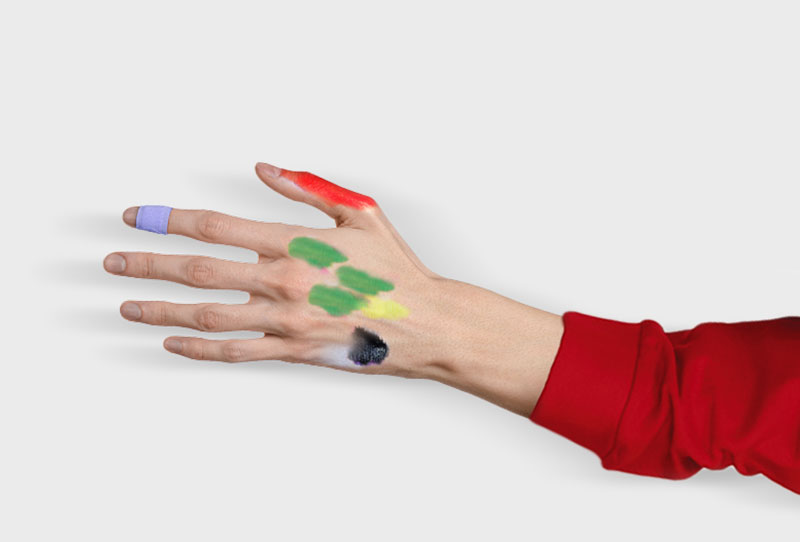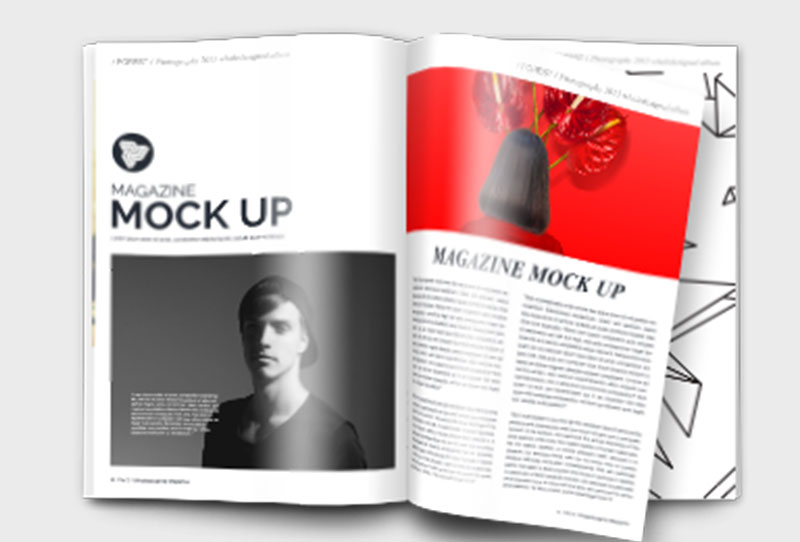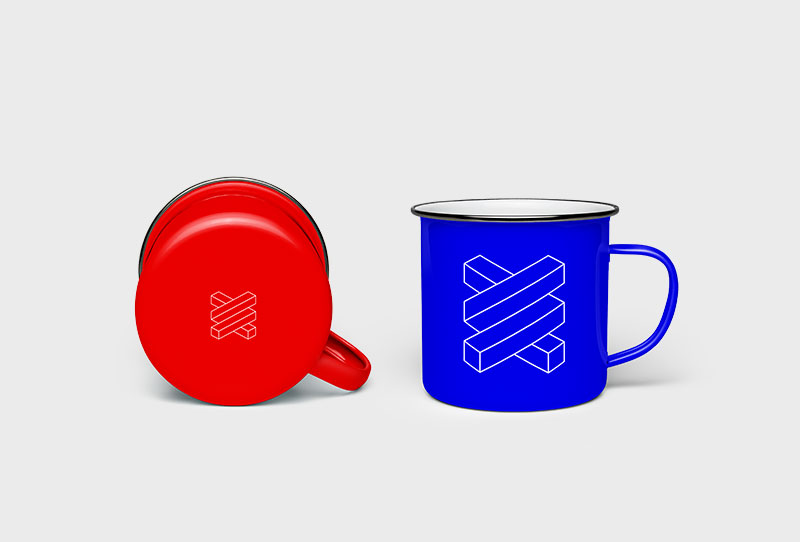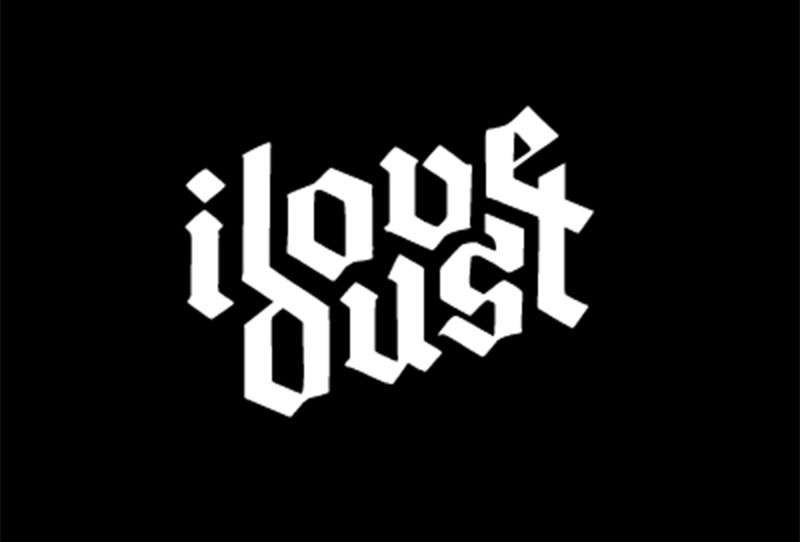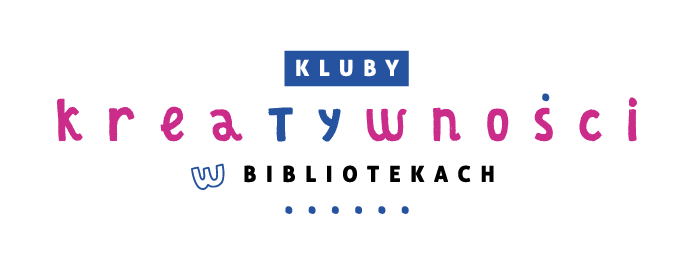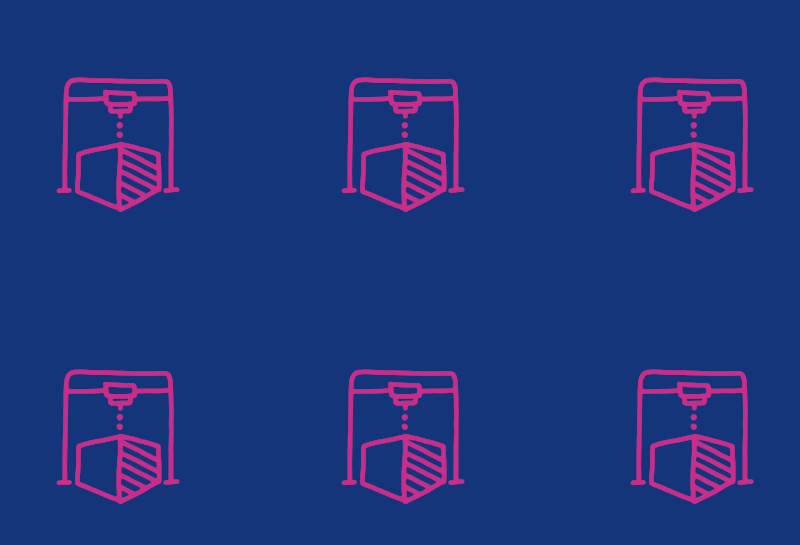Useful terms
A makerspace is a place where people come to collaborate, learn together, play, create new things, experiment, implement their own projects, but also to share their knowledge and skills or solve problems. The things that are created there may be both physical (like 3D-printed objects, clothes, jewellery etc.) or digital (such as photographs, movies, websites, online services), but also ideas, solutions to local problems, or innovative ways to work them out.
The „maker culture” is a contemporary culture or subculture representing a technology-based extension of DIY (Do-It-Yourself) culture that involves creation of new objects as well as tinkering with existing ones. Typical interests or activities within the maker culture include electronics, robotics, 3D printing, and the use of CNC (Computer Numeric Control) tools, as well as more traditional activities such as metalworking, woodworking, and traditional arts and crafts.
DIY culture (and DIY ethic) refers to the ethic of self-sufficiency through completing tasks without the aid of a paid expert. The DIY (literally meaning „Do It Yourself”) approach promotes the idea that anyone is capable of learning and creating things instead of relying on someone else. For example, when a household appliance breaks down, DIY enthusiasts prefer repairing it on their own rather than buying a new one. Design and creation of original items, such as clothes, jewellery or home decorations, is very common in DIY culture, often with the use of environmentally-friendly materials (being green and ecological is also an important value there).
A „fab lab” (fabrication laboratory) is a small-scale workshop offering (personal) digital fabrication. A fab lab is typically equipped with 3D printers, CNC machines, laser cutters, specialist software and other tools whose aim is to design, create and produce „almost anything”, but mainly physical objects. The fab lab movement is closely related to DIY culture, open source hardware and the free and open source movement, sharing both a philosophy and use of technology.
Makerspaces are often created and hosted by the community, and operated voluntarily by a group of “makers” or „hackers” – enthusiasts of collaborative making, creating or producing things. One challenge is to find a space where makers can meet on a regular basis and where tools and resources are hosted. In recent years, public libraries have been evolving in response to the changing needs of their communities and the rapid growth of ICT (”Information and Communication Technologies”). In order to stay relevant, libraries have been exploring new ways to attract new (or engage existing) users and meet community needs, including the development of new programmes, partnerships, services, and service-delivery methods for their communities. And this is where maker culture, DIY culture, ethic and values, and public libraries’ values, functions and tasks have met.
The above text is a part of the educational material „Starting a makerspace in the library”, elaborated within the project „Daily innovators and daily educators in the libraries” (DIDEL) by Agnieszka Koszowska. The whole material is available here.


